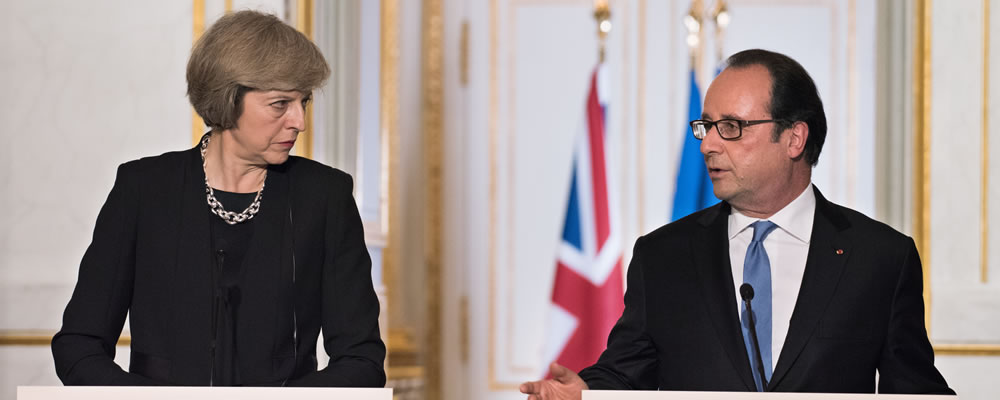When markets opened this week, the Pound to Euro exchange rate quickly lost most of last week’s gains and fell back to 1.17 as Brexit concerns returned to the forefront of Sterling trading.
Sterling advanced last week amid a lack of key Brexit developments. However, with the House of Lords set to vote this week on whether to add conditions to the activation of Article 50, GBP traders have become jittery again.
Increasing speculation that Scotland will announce a second Scottish independence referendum in the near future is also concerning Sterling investors.
So does the Pound Euro exchange rate still have further to fall? If traders are still selling the Pound on hard Brexit and Scottish referendum worries, it may well do.
Some analysts have suggested that the Pound’s Brexit-related selloffs have already been priced in. Others have suggested the Pound is highly undervalued and will eventually return to its pre-Referendum levels.
However, others have been more pessimistic. If Article 50 is indeed activated in March with no amendments or conditions made to the UK government’s Brexit aims, Sterling could be in for an extended period of pressure as the reality of a hard Brexit sinks in.
Investors are hoping for amendments that would up the odds of the UK retaining access to the EU single market and support the rights for many EU businesses and workers that have become a vital part of Britain’s economy.
The possibility of a second Scottish independence referendum also has potential to undermine the Pound.
In the last Scottish independence referendum, Scotland voted to remain in the United Kingdom. However, since Scotland voted to remain in the EU and doesn’t want to go along with Brexit, many voters are speculated to have changed their minds.
Scotland is one of the users of GBP. As a result, Scotland withdrawing from Britain and the British currency would inspire major volatility for the currency.
If a second Scottish independence referendum is announced, the Pound could plunge again.
This of course depends largely on the strength of the Euro. If anti-EU French Presidential candidate Marine Le Pen wins this year’s election, the shared currency is likely to fall even further amid the prospect of the Eurozone’s second biggest economy withdrawing from the bloc.
Britain’s economic data could also support the Pound. If British growth remains strong throughout 2017 despite concerns of slowing retail sales, GBP EUR may still hold above its worst levels.
At the time of writing, the Pound to Euro exchange rate trended in the region of 1.17. The Euro to Pound exchange rate traded near 0.85.


Comments are closed.